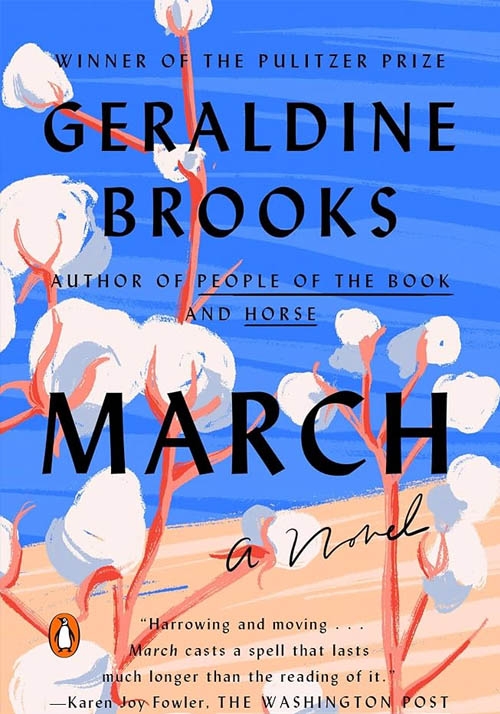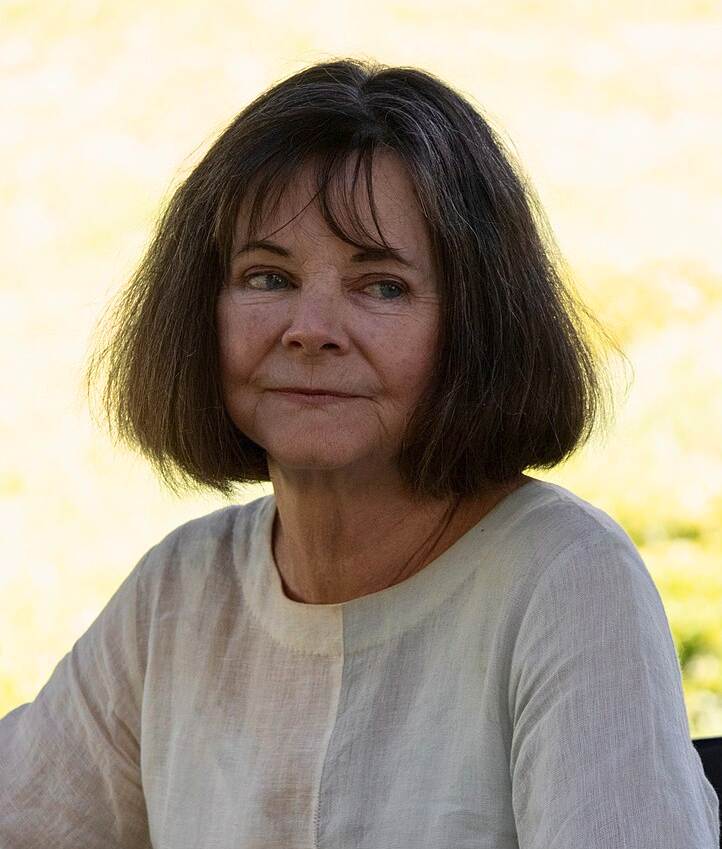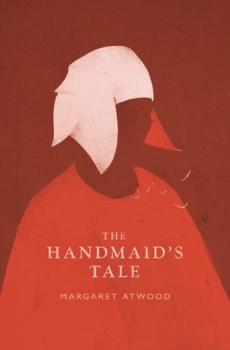
March by Geraldine Brooks
About the book:
In Little Women, the March family are presented as formerly rich, and now living modestly. When it opens, Marmee (like many married women during the war) is carrying the load of maintaining the family’s well-being. Robert March is away from the family, serving as a minister in a field hospital in Washington DC, and present only in his letters and the family’s memories. He returns home only after surviving a serious illness (thanks to his wife’s nursing), and is present for Beth’s tragic death, and the other girls’ marriages.
March paints the backstory of Robert March’s life before and during his year at war, and ends with his homecoming. Brooks mixes fact (Alcott’s father worked as an itinerant salesman, was a committed vegan, personally knew many of the intellectual and spiritual leaders of his time, and was an innovator in education) and fiction (Brooks’ March is young enough to be deployed in a combat unit, has a long romantic connection with a mixed-race woman born into slavery, and puts his abolitionist beliefs into practical action to transform “contraband” into human beings). Told primarily from March’s point of view during the war, the novel features extended flashbacks, and switches to Marmee’s point of view when the two novels’ storylines cross in Washington DC.
Discussion questions:
- How do you think Brooks’ novel enriches or disrupts the experience of reading Little Women
- What new perspectives on the Civil War and the anti-slavery movement does the book provide?
- What work does the introduction of Marmee’s voice do in the novel?
- In Little Women, Marmee confesses to Jo that she is “angry all the time.” How does March build on this, or help us understand why?
- March includes recollections of the family’s involvement in abolitionism, including an episode in which Beth saves a traveler on the Underground Railway, and the family, from discovery; and in which March decides, after that, to volunteer with the army (168-184). How did this chapter fit for you?
- In March, we are often witness to March’s letters home—which Marmee, at one point, calls “his pathetic, dishonest letters” (242). We don’t see him reading or reflecting on the letters from home that are so regularly written in Little Women. Why do you think Brooks made the choice to keep that communication more one-sided?
- “Am I wrong to suspect that he lives for ideas, that he builds his whole world of them, and that it is you who are left to deal with the practical matters of life?” (242-3) Why does Grace’s perceptiveness upset Marmee so much?
- Asked about Robert March’s hopes for his homecoming, Geraldine Brooks responded, “I don’t think he can go back.” How has he changed in March, and what do you think would be the effect on his future relationship with Marmee and his daughters?
- How effectively did Geraldine Brooks weave together fiction, fact and retelling?
- Which scenes in the novel have been most effective or powerful for you?
Further Reading
Author interview on her website:
LA Times review
“Orpheus at the Plough”- Brooks’ non-fiction story on Bronson Alcott, Louisa May Alcott’s real-life father and the model for Robert March:

Geraldine Brooks
About the author : Born in Australia, Geraldine Brooks became a US citizen around 2003. Following a career as a foreign correspondent (including work in Africa, the Middle East, and the Balkans for the Wall Street Journal), she published her first novel in 2001. March, her second, stemmed from her childhood love of Little Women, and her interest in the context in which Louisa May Alcott worked, including her family’s ties to Massachusetts’ transcendentalists and abolitionists, and the traumas of the US Civil War, in which over 700,000 Americans died. In interviews, Brooks has also noted that she drew on her experiences as a war correspondent, and that the book was written during the US war with Iraq. “You see things during war,” she says, “and you can never unsee them.” March won the 2006 Pulitzer Prize for fiction.



